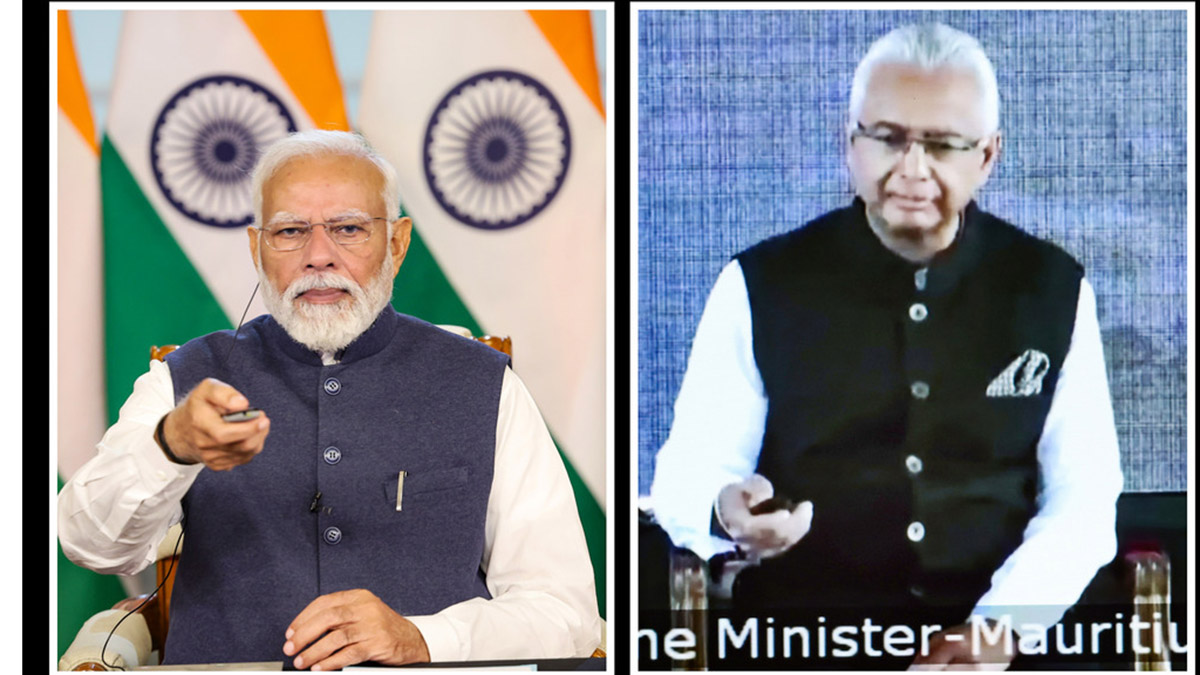Yet again, the issue of black money has taken the central stage in Parliament with the Opposition putting up a stiff fight against the Modi-government, forcing the latter to move swiftly in dealing with the suspicious accounts.
Replying to questions in Parliament, finance minister, Arun Jaitley, on Wednesday told the Parliament that the government has identified 427 account holders in foreign banks and has issued notices to them.
Of the total, 250 have admitted to having foreign accounts, Jaitley said.
To be sure, these are the names from the same HSBC Geneva list that the government submitted to the Supreme Court in October this year. A special investigation team (SIT) had earlier found less than half of these accounts empty and many other repetitions.
Bringing back the ill-gotten wealth of tax evading rich Indians supposedly stashed in bank accounts in foreign soil within 100 days of coming to power is a promise made by Modi in the run up to general elections-a promise that BJP top brass kept repeating till now. That has precisely given an opportunity to the opposition to form a new slogan– “100 days are over. Where is the black money?"-and stage protest disturbing the functioning of Parliament.
Arguably, Modi made a mistake committing a time frame, as short as 100 days, to return home with the unaccounted cash in foreign bank accounts, where Indian government has very restricted access, even if it wants to take swift action.
Firstly, the fate of the 100-day mission on black money was clear in the beginning itself. No one in his right mind, in possession of large amount of ill-gotten, tax-evaded wealth in foreign accounts, would wait for years to get caught with the money. What is important to note here is that merely having an account in a foreign bank wouldn’t make anyone guilty before the law. For that, the government needs to establish the chain of transactions in each suspected account and prove that the money is indeed unaccounted cash.
Nothing prevents an Indian citizen from opening a bank account abroad. The issue arises only when the money deposited is earned through wrongful means or not taxed in the home soil.
Also, at the first sign of danger, black money holders would have logically wired out their funds to safer locations. The whole exercise shouldn’t take more than a few hours, forget about eight long years, when the last entry to the now-famous HSBC list was made.
Of the names mentioned in the HSBC list, half of them are now zero-balance accounts as revealed in a preliminary probe by SIT and was thus proved to practically useless. Another set of accounts in the same list are repeated names.
Given this, even though the government has identified 427 names, chances of any meaningful recovery of money are doubtful. The SIT had also found that, there wasn’t even a trail of the transactions in the list.
Jaitley is well aware of this challenge. The government will have to make maximum use of the tax treaties with foreign countries to secure sufficient evidence to commence proceedings against the guilty.
Rajan on black money
Beyond chasing the names in the HSBC list, the government should now begin the process to find practical solutions to prevent future generation of black money. Here, Modi would do well listening to the RBI governor Raghuram Rajan.
On Tuesday, speaking at Gujarat, Rajan said the government must make efforts to cut the black money at source and make it difficult for the holders to hide the ill-gotten wealth. This is something the government should focus now.
“No one knows how much black money is stashed outside the country, as there are many speculations doing the rounds,” Rajan said.
Also, if the government is sincere in dealing with the black money in the system, it should make efforts to do the unthinkable-cleaning up the political funding by bringing in transparency. The answer for blackmoney, as FirstBiz has highlighted earlier, lies in the Indian soil and not in foreign lands.
There are no second thoughts on the need to bring the guilty before the law and return the black money to the home soil. In that sense, any effort from the part of the government to bring back black money should be appreciated.
But, Modi’s 100-days commitment has given an opportunity to the opposition parties to divert the attention of the house from other important issues that need urgent attention of the policymakers.
The government has several important bills including the crucial insurance bill and the Goods and Service Tax Bill to push through the winter session of Parliament. The winter session of the house will continue till December 23.
The precious time of Parliament must not be wasted on something that has no immediate, practical solution and which need careful long-term action.


)




)
)
)
)
)
)
)
)